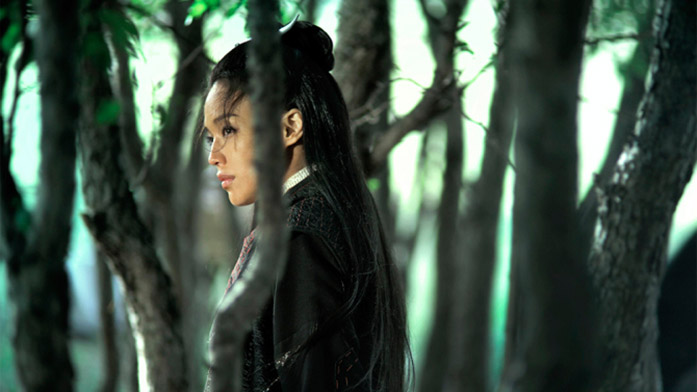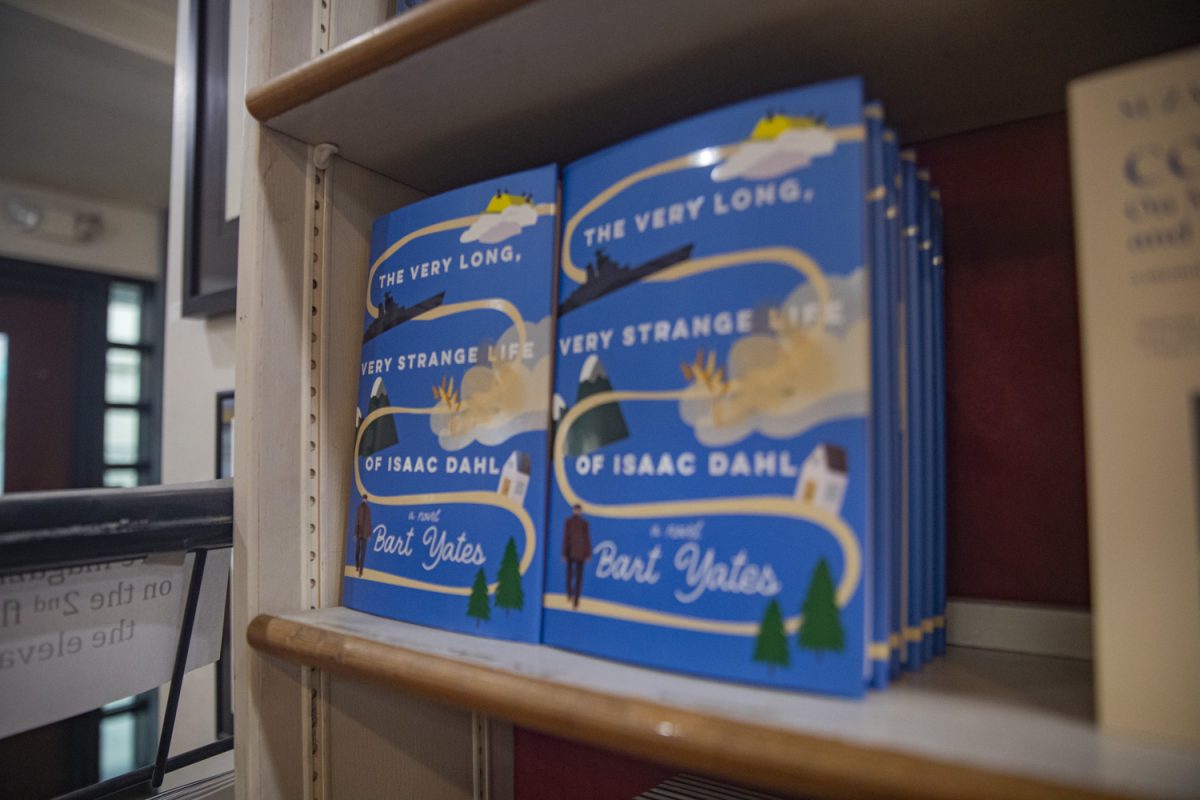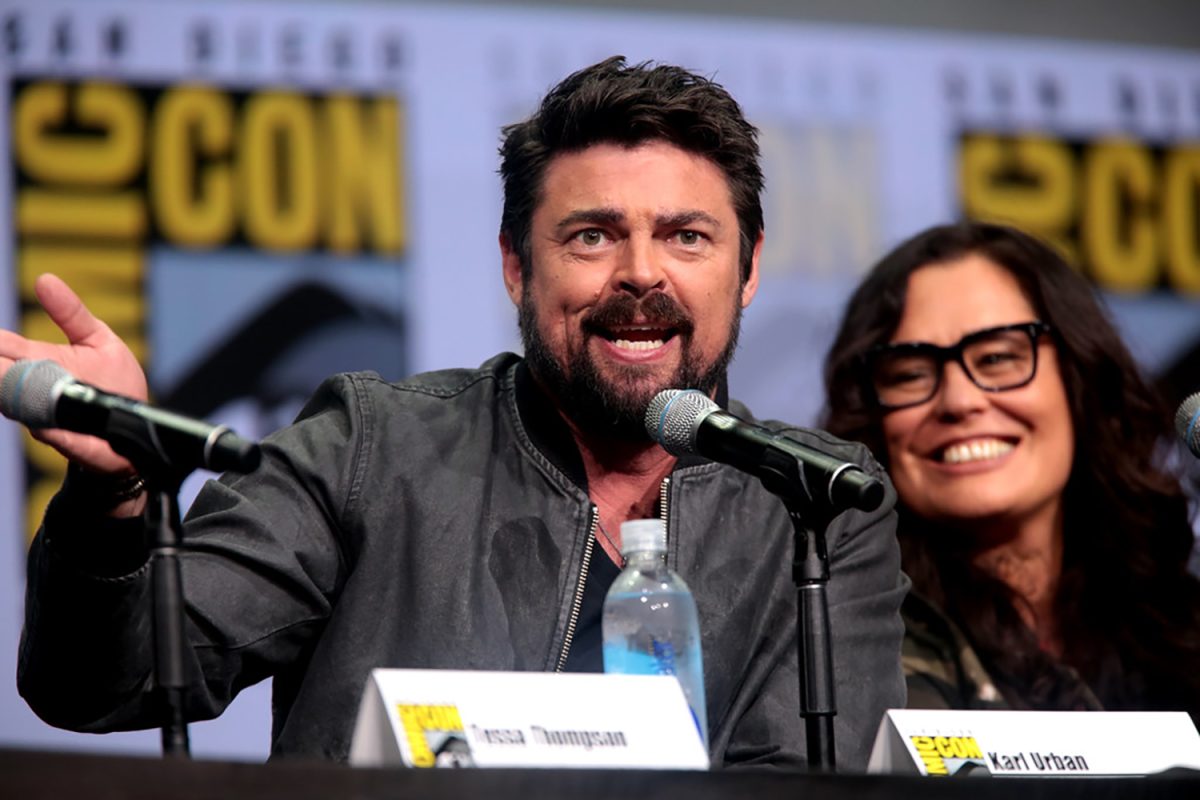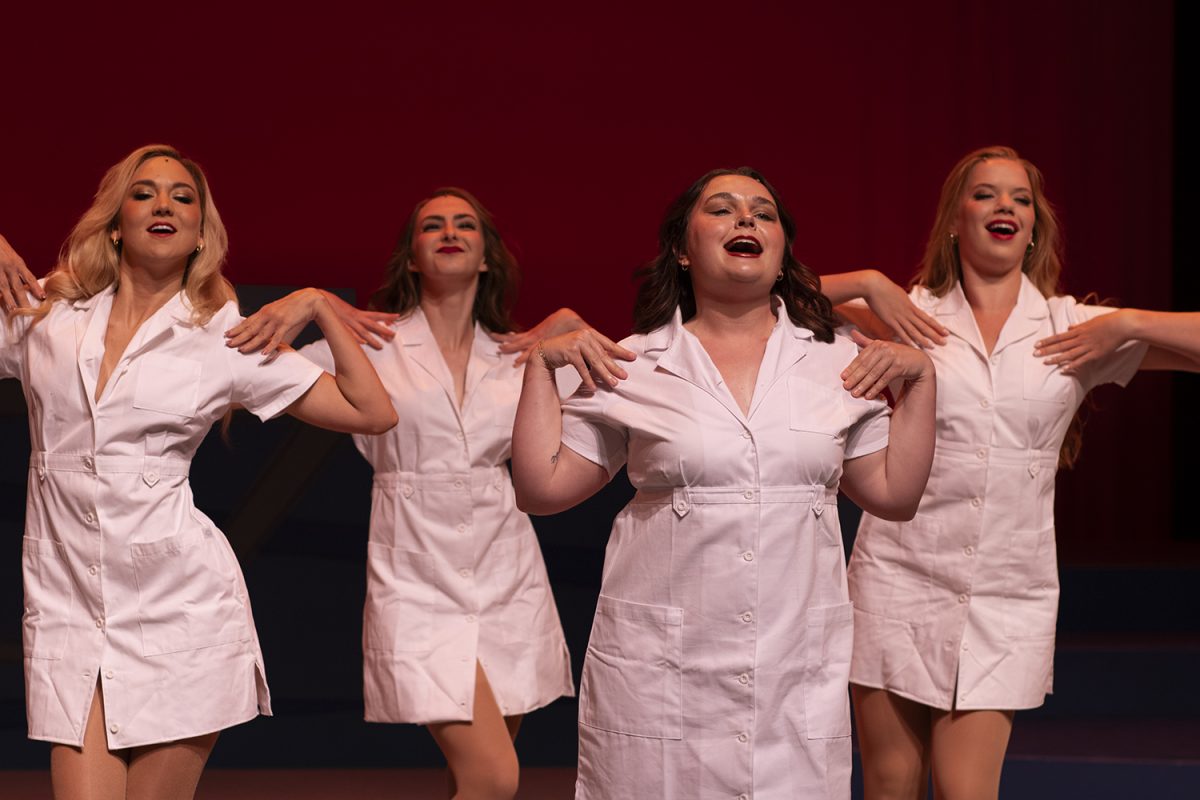Each year, for two weeks in May, the media become flooded with stories of crowds rising to their feet in anger, disgust, rapture, applause, or laughter.
No, these aren’t protesters — although they might be as passionate — and no, these aren’t churchgoers, either — although the dedication to their cause borders on religious. Rather, they are guests at the Cannes Film Festival reacting to one of that year’s famously loved or notoriously detested releases.
This year’s festival — regarded by many as the weakest in years through the first week — saw its imprint on history catapult from mediocre to exceptional with the screening of one film at the Théatre Lumière, and the 10-minute-long standing ovation that followed. That film was The Assassin, Hsiao-Hsien Hou’s breathtaking master-take on the wuxia genre.
Hou, a pioneer in the Taiwanese new-wave style who first garnered attention for his 1989 film City of Sadness, delivers in *The Assassin* what cinema has been missing these last few years.
In the recent cinematic climate, Hollywood releases are bigger than ever, indie films are heady and insular as ever, and every filmmaker is focused on what “technically” they can do to push their film to the next level. Into this climate,The Assassin injects a necessary dose of unapologetic aesthetic beauty.
Hou’s film, set in northern China during the latter part of the Tang dynasty, loosely follows the plot of an expert female assassin, Nie Yinniang (Qi Shu) who, since being adopted at a young age by a magical sorceress-nun, has been working as a hit woman for her guardian.
We encounter the assassin when she is commanded to slay her cousin Tian Ji’An, the governor of the local district of Weibo and the man whom she was once betrothed to. The rest of the story follows Nie as she ventures to Weibo and is forced to choose between love and duty.
I say the film “loosely” follows the plot because, although the acting is good all around, the narrative is merely a conduit for Hou’s impeccable cinematography. The film’s dialogue is sparse, making way for an undistracted experience of the film’s exquisite visuals, which boast the rare accomplishment of unabashedly indulging in its subjects without appearing frivolous.
Any shot from the film could, even out of context, fit seamlessly into a museum’s gallery instillation. It is with such a curated attention to detail that Hou treats the picture frame. Each shot and all of its components, whether they are the clusters of grass spurting up across the Hubei region’s overgrown mountain ranges or the silhouette of the film’s protagonist faintly discerned through the elaborate gauze drapery of the governor’s palace, are treated with equal attentiveness.
Even in the fight scenes (of which, for a martial-arts film, there are a surprisingly few) Hou’s camera is slow and meticulous, lingering on every shot as if scared to miss something important if the scene is left too quickly.
Hou offers a new and unique interpretation of the wuxia genre, unlike anything we have seen before. Where other wuxia crossover successes such as Ang Lee’s brilliant Crouching Tiger, Hidden Dragon relied heavily on special effect-enhanced combat scenes and carefully wrought out plotlines, The Assassin largely forgoes these conventions in lieu of pure, uncompromised artistry.
For his work, Hou was the winner of the Camera d’Or (equivalent to the best director award that we are familiar with at the Oscars) at Cannes this year and rightfully so. It is not often that we are graced with a film of this kind, and it deserves every bit of the praise that most certainly is still to come.







